Show all entries of this category
129
Vote
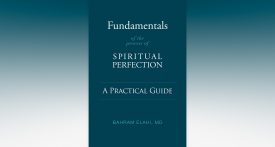 [Updated] “This path, Ostad Elahi would say, is not a path for words but one for deeds; only through action can progress be achieved.” But how are we going to take action? Where to begin? With what mindset should we set to work? The foundations of natural spirituality have been laid—a spirituality that Ostad Elahi described as “the new medicine of the soul”. They called for a practical complement, something like a student’s workbook. This need has now been fulfilled with the publication of this Practical Guide, which the author, Bahram Elahi, tells us will be followed by a forthcoming series of four additional volumes. Together, these five volumes will constitute the Fundamentals of the Process of Spiritual Perfection. The Practical Guide indisputably constitutes its core. Punctuated by inserts and diagrams, it has been designed as a handbook, and it is as such that we can make the most of it: the Practical Guide is the reference work for those who wish to study and practice the new medicine of the soul.
Read more
311
Vote
Karen Armstrong is a historian of religion and the founder of the Charter for Compassion that has had far-reaching worldwide impact since its inception in 2009. The charter defines compassion as that attitude which “compels us to work tirelessly to alleviate the suffering of our fellow creatures, to dethrone ourselves from the centre of our world and put another there, and to honour the inviolable sanctity of every single human being, treating everybody, without exception, with absolute justice, equity and respect.”
Read more
757
Vote
It is not enough to learn to speak well. If we want to benefit from the words of those who intend to convey knowledge to us, we also need to learn to listen well. This, briefly, is Plutarch’s main thesis in “On Listening to Lectures”. It is quite remote from the current discourse on listening, which defines it almost exclusively as the condition of an authentic relationship to others, as this quiet action that could open us up to the subjectivity of others so that we may grasp their needs, desires and frustrations. This short essay examines listening as a “necessary condition to learning”. In other words, how shall we listen to those who know (or pretend to know) in a way that will allow us to take in what we need and thus progress in the knowledge—so dear to Plato’s followers—of truth and good?
Read more
192
Vote
Judging lectures by how beneficial they are One ought therefore to strip off the superfluity and inanity from the style, and to seek after the fruit itself, imitating not women that make garlands, but the bees. For those women, culling flower-clusters and sweet-scented leaves, intertwine and plait them, and produce something that is pleasant enough, […]
Read more
1090
Vote
The art of being kind—or how to demonstrate that kindness, contrary to what society often claims, is not a weakness but an ethical quality. This is no easy task but Stefan Einhorn, an oncologist at Karolinska Hospital in Stockholm, makes a very convincing point in his book The Art of Being Kind.
Stefan Einhorn begins by observing that kindness has a relatively bad reputation, and is often likened to weakness, simple-mindedness or just plain stupidity. Einhorn, however, defines kindness as a form of intelligence: “kindness as I understand it […] is not the fruit of stupidity but rather of common sense”. It is a quality that enables us to live according to an ethics of the heart by taking the well being of others into consideration. Kindness redefined then as “the art of being human among humans”, gives it new depth.
Read more
758
Vote
There is more to Benjamin Franklin (1706-1790) than the American icon we know today. A printer by trade, he became famous as a gifted inventor, a scientist, a civic activist, a statesman, a diplomat (he was the first American ambassador to France), and the author of several essays on matters ranging from politics to marriage or the game of chess. Now, besides having invented the lightning rod and counting among the Founding Fathers of the United States, Franklin led a personal quest into the spiritual roots of morality—an aspect of his life which is perhaps less commonly celebrated.
Read more
1274
Vote
The Path of Perfection, Bahram Elahi, Paraview, 2005 The latest version (2002) of The Path of Perfection by Bahram Elahi is a profoundly reworked reissue of a book already published four times between 1976 and 1992. In addition to the content of the book, briefly reviewed below, it is the pertinence of a thought in […]
Read more
232
Vote
Once we understand where we have come from, why we are here, and where we are going, we will realize what we must do; from then on, we will no longer remain in a state of confusion[1]. Life is meaningful, and existence is not without purpose. We are neither created by chance, nor will we […]
Read more
Go top
|

 News
News Podcast
Podcast


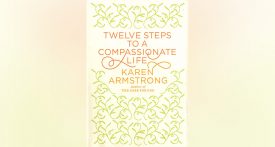
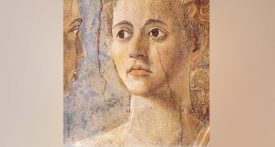
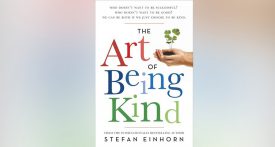

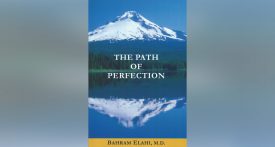


Recent Comments